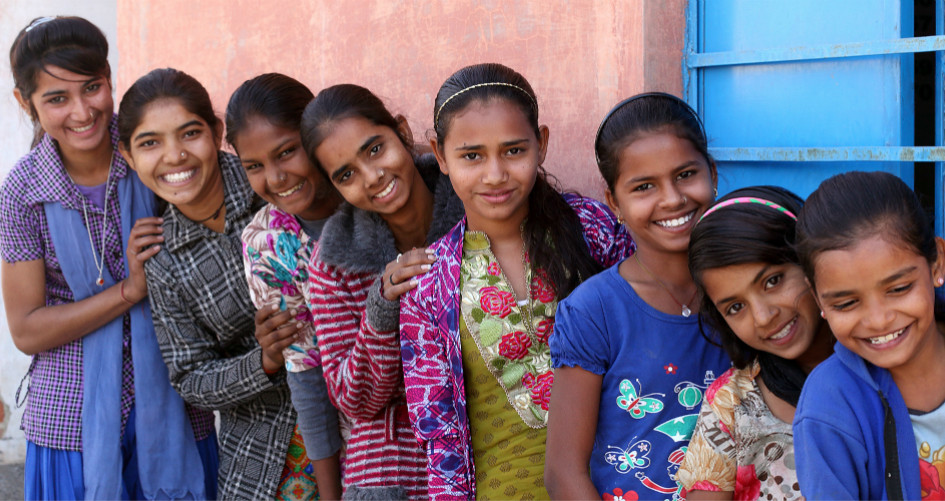UN Climate Change News, 11 October 2019 - The International Day of the Girl Child, celebrated since 2012, is an opportunity to promote girls' empowerment across the globe – an urgent task in the face of the current climate crisis.
Women and men are impacted differently by climate change due to historical inequalities attributed to the social construct of gender, with more pronounced differences in developing countries. The 2019 Global Sustainable Development Report highlighted the need to reduce gender inequality in a bid to meet the objectives set out by the Sustainable Development Goals. Women and girls are already playing a critical role in response to climate change through empirical knowledge gathered in their communities.
“Girls can be powerful agents of change, and nothing should keep them from participating fully in all areas of life,” said UN Secretary-General António Guterres to mark the International Day, whose theme this year is “GirlForce: Unscripted and Unstoppable.”
There has been undeniable progress made since the seminal Beijing Declaration in 1995 brought gender equality to the fore, including consistently greater access to education for young girls in developing countries. Yet much remains to be done to close the gender gap.
The courage and leadership shown by young girls like Greta Thunberg in the global climate movement point to a potential that needs to be tapped. There are further shining examples of unscripted and unstoppable girls making a difference in their local communities, but also on a global scale.
15-year-old Autumn Peltier, a member of the Wiikwemkoong First Nation Indian reserve in Canada, has been an international advocate for clean water for a couple of years. Ridhima Pandey, an 11-year-old Indian girl, was one of the 16 child petitioners who lodged a complaint against national governments for failure to act on the climate crisis. Leah Namugerwa, a 15-year-old climate activist from Uganda, has been an important voice calling for more action on climate change and plastic pollution in her country.
While girls are taking the lead in demanding greater climate action, there is still a gender gap at the decision-making level. Dealing with the underrepresentation of women in those positions would make for a more efficient outlet in tackling climate change. The latest Gender Composition Report prepared annually by UN Climate Change showed that participation in climate negotiations and female representation in constituted bodies is still skewed towards men.
Parties to the UN Climate Change process have indeed recognized the importance of involving women and men equally in the process, and in developing and implementing national climate policies that are gender-responsive. The Lima Work Programme on Gender (LWPG) agreed by countries at COP22 in Marrakech in 2016 and the subsequent Gender Action Plan (GAP) provide a solid platform for taking these issues forward.
With both the LWPG and the GAP set to be reviewed at COP 25 in Chile in December, UN Climate Change remains committed to its efforts to support Parties in working towards gender equality. For years now, women and girls have led the way in demanding gender equality, which has paved the way for today’s young girls to demand their rightful place fully and equally contributing to climate action.
